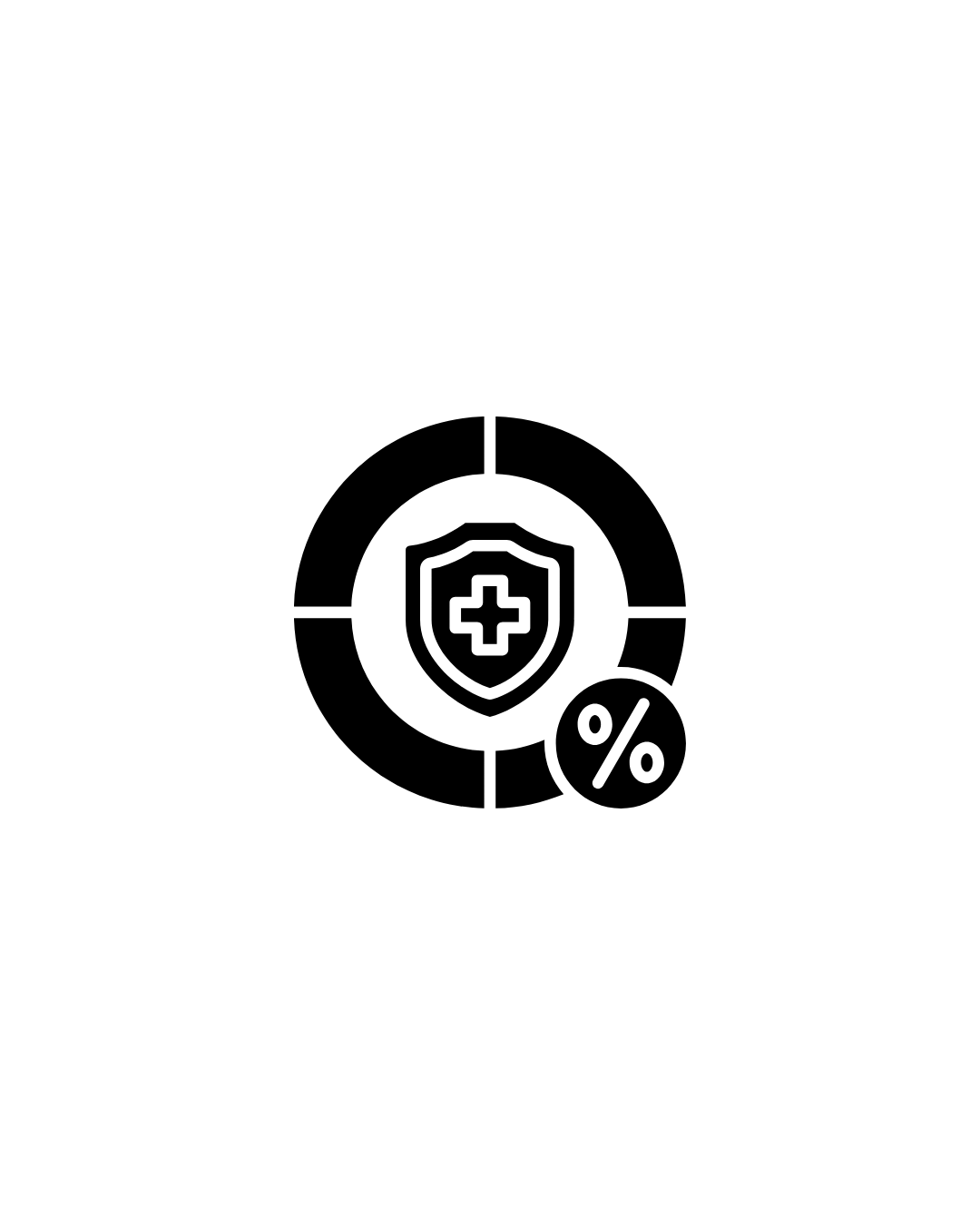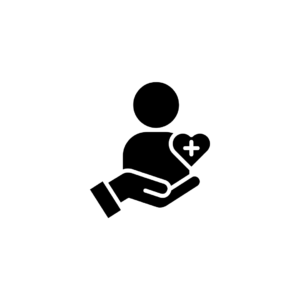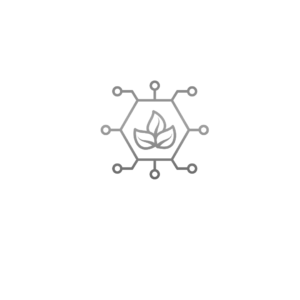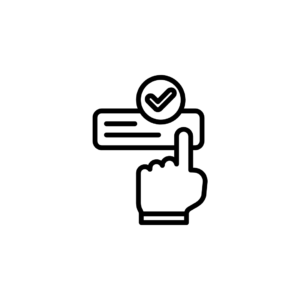Description
An Advanced Diploma in Medical Laboratory Technician program is designed to prepare students for a vital role in the healthcare field, focusing on the analysis of clinical samples to aid in the diagnosis, treatment, and prevention of diseases. This program combines theoretical knowledge with hands-on practical experience, equipping graduates with the necessary skills to work in various laboratory settings.
Course Details:
Duration: Typically 1 to 2 years, depending on the institution and whether the program is full-time or part-time.
Eligibility: Generally requires a high school diploma or equivalent; some programs may prefer or require coursework in biology, chemistry, or health sciences.
Mode of Study: A mix of classroom instruction, laboratory work, and clinical placements for practical training.
Curriculum:
The curriculum for an Advanced Diploma in Medical Laboratory Technician typically includes the following key components:
1. Introduction to Medical Laboratory Science
Role of Medical Laboratory Technicians: Overview of the responsibilities and functions of laboratory technicians in healthcare settings.
Laboratory Safety and Regulations: Familiarity with safety protocols and regulations governing laboratory practices.
2. Human Anatomy and Physiology
Basic Human Anatomy: Understanding the structure and function of the human body systems relevant to laboratory testing.
Pathophysiology: Overview of disease mechanisms and their impact on laboratory test results.
3. Clinical Chemistry
Biochemical Analysis: Techniques for analyzing various biochemical compounds in blood and other body fluids.
Quality Control: Understanding quality assurance processes and calibration of laboratory instruments.
4. Microbiology
Microbial Techniques: Methods for isolating, growing, and identifying microorganisms from clinical samples.
Infection Control: Overview of pathogens, their transmission, and methods for preventing infections in laboratory settings.
5. Hematology
Blood Analysis: Techniques for performing complete blood counts (CBC), blood smears, and coagulation studies.
Blood Banking: Basics of blood donation, storage, and transfusion practices.
6. Immunology and Serology
Immune System Function: Understanding the immune response and its relevance to laboratory testing.
Serological Tests: Techniques for performing tests that detect antibodies and antigens in patients’ samples.
7. Histopathology
Tissue Preparation: Techniques for processing and staining tissue samples for microscopic examination.
Pathological Analysis: Skills for identifying disease processes through histological examination.
8. Laboratory Techniques and Skills
Instrumentation: Training in the operation of laboratory equipment, including centrifuges, analyzers, and microscopes.
Sample Collection: Proper techniques for collecting and handling various types of samples, including blood, urine, and tissues.
9. Clinical Practice and Ethics
Patient Interaction: Skills for effectively interacting with patients and conveying laboratory information.
Professional Ethics: Understanding ethical considerations in laboratory practice, including patient confidentiality and informed consent.
10. Clinical Placements
Hands-On Experience: Opportunities for practical training in clinical laboratories, allowing students to apply their skills in real work environments under supervision.
Assessment:
Assessment methods in this program may include:
Practical Skills Evaluations: Demonstrating competencies in laboratory techniques and procedures.
Written Exams and Assignments: Evaluating theoretical knowledge through quizzes, essays, and case studies.
Clinical Competency Assessments: Performance evaluations during clinical placements to assess hands-on skills and professional conduct.
Career Opportunities:
Graduates of an Advanced Diploma in Medical Laboratory Technician can pursue various roles, including:
Medical Laboratory Technician: Performing laboratory tests and analyses to assist in diagnosing diseases.
Clinical Laboratory Scientist: Working in specialized areas such as microbiology, hematology, or biochemistry.
Blood Bank Technologist: Focusing on blood collection, processing, and transfusion services.
Laboratory Supervisor: Overseeing laboratory operations and ensuring compliance with quality standards.
This advanced diploma program equips students with the essential skills and knowledge required to excel in medical laboratory science and contribute to patient care and health outcomes. If you have any further questions or would like more specific information about the program, feel free to ask!









